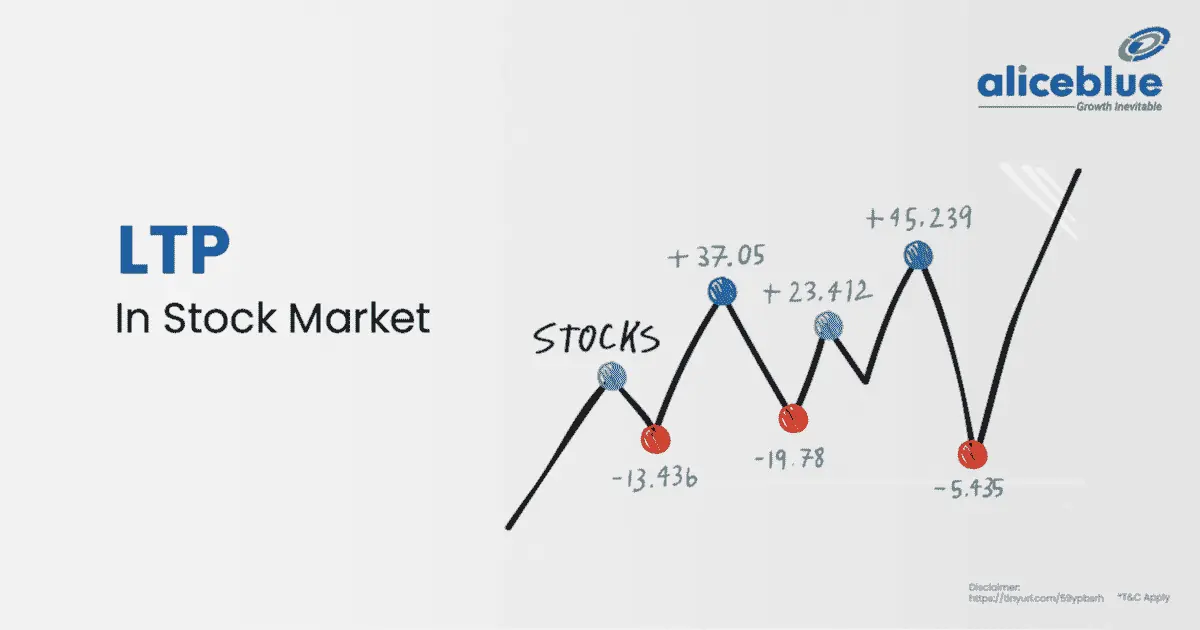Government securities are debt instruments issued by a government to finance its operations and projects. These include treasury bills, bonds, and notes, offering investors a relatively low-risk investment option with regular interest payments, backed by the government’s credit and tax-raising powers.
Content:
- What Are Government Securities In India?
- Government Securities Example
- Types Of Government Securities
- Advantages Of Government Securities
- Disadvantages Of Government Securities
- How To Invest In Government Bonds In India?
- Government Securities In India – Quick Summary
- Government Securities Meaning – FAQs
What Are Government Securities In India?
In India, government securities (G-Secs) are debt instruments issued by the central and state governments. They include treasury bills (short-term), government bonds, and dated securities (long-term). Offering low risk, they’re used to fund government expenses and provide a safe investment option for investors.
In India, government securities (G-Secs) are primarily issued by the central government. They include Treasury Bills (T-Bills) for short-term funding, usually maturing in less than a year, and are considered highly liquid and low-risk investments.
Long-term government securities encompass various types of bonds, including dated securities with fixed or floating interest rates and varying maturities, often extending up to 30 years. These bonds are used to fund long-term infrastructural and developmental projects, offering a stable investment option with regular interest payouts.
For example: Suppose the Indian government issues a 10-year bond worth Rs. 10,000 with a 6% annual interest rate. Investors buying this bond lend money to the government, receiving Rs. 600 yearly until the bond matures.

Government Securities Example
Imagine the Government of India issues a 10-year dated security at Rs. 1,00,000 with an annual interest rate of 7%. Investors purchasing this bond lend money to the government and receive Rs. 7,000 annually as interest. After 10 years, they get their principal amount back.
Types Of Government Securities
The types of government securities in India include Treasury Bills (T-Bills), which are short-term instruments with maturities of up to 364 days, and dated securities like government bonds, which are long-term investments with fixed interest rates and maturities ranging from 5 to 40 years.
- Treasury Bills (T-Bills): These are short-term securities issued by the Indian government with maturities of 91, 182, or 364 days. T-bills are issued at a discount and redeemed at face value, offering investors a safe, liquid means to park short-term funds with minimal risk.
- Government Bonds (Dated Securities): These are long-term investment options issued by the Indian government, with fixed interest rates and maturities typically ranging from 5 to 40 years. They offer regular interest payments (coupons) and are considered low-risk, as they’re backed by the government’s promise to repay.
- Cash Management Bills (CMBs): Issued for shorter durations than T-Bills, typically less than 90 days, CMBs are used by the government for temporary funding needs. They work similarly to T-Bills, offering a safe, short-term investment option for managing surplus funds.
- State Development Loans (SDLs): These are long-term securities issued by state governments in India. They function similarly to central government bonds, offering a fixed interest rate and a specific maturity period. SDLs are used to finance state government projects and activities, providing an alternative to central government securities.
- Inflation-Indexed Bonds (IIBs): These bonds offer returns linked to inflation, protecting investors against the decrease in purchasing power. The principal and interest payments are indexed to inflation, ensuring that the real value of the investment is maintained, making them attractive during high inflation periods.
Advantages Of Government Securities
The main advantages of government securities include safety, as they are backed by the government, ensuring low default risk. They offer stable returns through regular interest payments. Additionally, they provide high liquidity in the market and are effective for portfolio diversification and risk management.
- Safety and Low Default Risk: Being backed by the government, these securities have a very low risk of default, making them one of the safest investment options. Investors can trust in the government’s ability to honor its debt obligations.
- Stable Returns: Government securities offer stable and predictable returns through fixed interest payments, making them attractive for investors seeking consistent income. This stability is particularly valued during volatile market conditions, providing a secure revenue stream.
- High Liquidity: Many government securities, especially treasury bills, are highly liquid. They can be easily bought or sold in the market, providing investors with the flexibility to enter or exit investments according to their cash flow needs.
- Portfolio Diversification: Including government securities in an investment portfolio helps in diversification, reducing overall risk. Their performance is often uncorrelated with equities and other asset classes, providing a balance during market downturns.
- Risk Management Tool: For institutional investors, such as banks and pension funds, government securities are crucial for risk management. They offer a low-risk option to park funds and manage interest rate risks, which is vital for maintaining a healthy portfolio balance.
Disadvantages Of Government Securities
The main disadvantages of government securities include lower returns compared to riskier assets like equities, making them less attractive for growth-focused investors. Their prices are sensitive to interest rate changes, and they offer limited protection against inflation, potentially eroding the real value of returns.
- Lower Returns: Government securities typically offer lower returns compared to equities and other high-risk investments. While they are safer, the trade-off is a reduced potential for higher profits, which may not appeal to investors seeking aggressive growth or significant capital appreciation.
- Interest Rate Sensitivity: The price of government securities is inversely related to interest rate movements. When interest rates rise, the value of existing bonds falls, and vice versa. This makes them vulnerable to losses in a rising interest rate environment.
- Limited Inflation Protection: Government securities often provide returns at a rate below inflation, especially in high-inflation scenarios. This means that over time, the real value of the income received from these securities could decrease, reducing the purchasing power of the investment.
- Opportunity Cost: Investing in government securities might lead to an opportunity cost, especially during bull markets. Investors might miss out on higher returns from other asset classes like stocks or real estate, which generally outperform government securities in such market conditions.
- Long-Term Commitment: Many government bonds have long maturities, which can lock up investor funds for extended periods. This reduces the liquidity of an investor’s portfolio and limits the ability to quickly reallocate funds to more lucrative opportunities.
How To Invest In Government Bonds In India?
In India, investors can invest in government bonds through the RBI’s Retail Direct Scheme or through stock exchanges using a Demat account. Government bonds are also available via banks and primary dealers. These options provide accessibility to both individual and institutional investors.

Government Securities In India – Quick Summary
- In India, government securities, issued by central and state governments, encompass treasury bills for short-term needs, and government bonds and dated securities for long-term funding. These low-risk instruments finance government expenses and offer safe investment avenues.
- The types of Indian government securities comprise short-term Treasury Bills (T-Bills) with up to 364 days of maturity and longer-term government bonds with fixed interest rates and maturities spanning 5 to 40 years.
- The main advantages of government securities are their safety, backed by government assurance, stable returns through consistent interest, market liquidity, and their role in diversifying and managing risks in investment portfolios.
- The main disadvantages of government securities are their relatively lower returns compared to equities, sensitivity to interest rate fluctuations, and limited inflation protection, which can diminish the real value of returns, particularly for growth-oriented investors.
- Investing in Indian government bonds is accessible through the RBI Retail Direct Scheme, stock exchanges via a Demat account, and through banks and primary dealers, catering to both individual and institutional investors’ needs.
- Open free demat account with Alice Blue in 15 minutes today! Invest in Stocks, Mutual Funds, Bonds & IPOs for Free. Also, trade at just ₹ 15/order and save 33.33% brokerage on every order.
Government Securities Meaning – FAQs
What Are Government Securities?
Government securities are debt instruments issued by a government to finance its expenditures. They include treasury bills, bonds, and notes, offering investors a safe investment option with predictable returns and low default risk.
Who sells government securities in India?
In India, government securities are primarily sold by the central government, with the Reserve Bank of India (RBI) conducting the auctions. State governments also issue securities, known as State Development Loans (SDLs).
What is the minimum investment in government securities?
\In India, the minimum investment in government securities is Rs. 10,000. This applies to investments made through the RBI’s Retail Direct Scheme or via bond trading platforms on stock exchanges.
What is the lock-in period for government bonds?
Government bonds in India generally do not have a lock-in period, allowing investors to sell them in the secondary market. However, their maturity periods vary, ranging from short-term (91 days) to long-term (up to 40 years)
How can I buy government securities in India?
In India, you can buy government securities through the RBI’s Retail Direct Scheme, via stock exchanges using a Demat account, or through banks and primary dealers. These platforms cater to both individual and institutional investors.
Are GSec tax-free?
Government Securities (G-Secs) in India are not tax-free. The interest earned is subject to taxation as per the investor’s income tax slab. However, certain government bonds offer tax benefits, like tax-free bonds.







